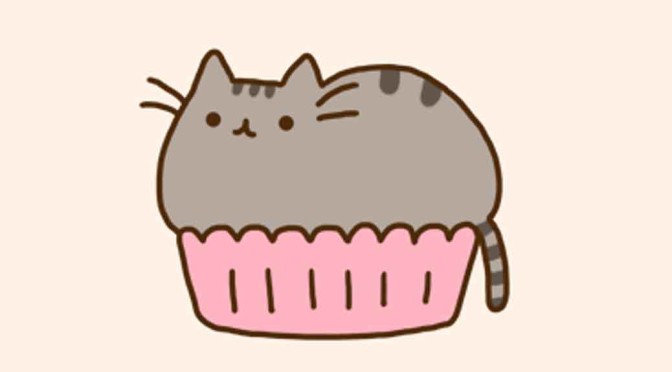By Anupum Pant
With our ever-increasing hours at work, coffee is what keeps most of us running at office. While some revel in the ability to stay hyper active by taking in no dose of caffeine whatsoever, others just can’t live without it. A few days without coffee can turn them into irritated, stressed out and cranky colleagues.
Caffeine in coffee, coke and other energy drinks basically works by tricking your brain into thinking it isn’t tired, even when it badly needs rest. In short, it messes with your brain by creating an artificial brain chemistry to keep you alert. So can it really be good in any way?
Obviously, at such a stage, still keeping up with the intake can harm your brain (up to some extent) without it showing any clear signs. Lack of sleep (at the time when it is needed) can mean, starving brain of the time to perform several essential processes – Memory consolidation being one of them. As a result, lack of sleep means, you are not forming strong memories.
So, how does it help you remember well when it doesn’t let you form strong memories?
According to Michael Yassa, assistant professor of psychological and brain science at John Hopkins University, and his team, caffeine can indeed have positive effects on your memory. The trick lies in limiting your intake of coffee. In a study, they have been able to show that caffeine intake can enhance certain kinds of memories even when tested after a day.
Study in short: In a double-blind trial where subjects were given caffeine tablets or placebos and were shown images of a few objects. It was found that people who were given caffeine doses showed a deeper lever of memory retention on the other day than people who were given placebos.
Since caffeine isn’t very effective after about 6 hours, people feel a need to replenish their bodies with more of it. It seems as if it is addictive, but as Hank says, technically, it isn’t. You can positively keep on drinking red bulls for the whole day and not get addicted to it. It will make you cranky for a day or two, but you won’t experience any long-lasting effects. The thing is, if you drink a lot of it, you’ll not sleep well and give your brain enough time to consolidate memories. So, since it isn’t really addictive, a good idea would be to limit the intake.
Solution: The crux of it comes down to keeping your intake of coffee to about 200 mg a day. That means, a cup of strong coffee or 2 small cups of normal coffee every day, is actually good for your brain. As the recent research shows, it helps you remember well. That much, will help you consolidate memories during sleep (at the same time, it won’t mess with your sleep). Anything more than that will probably mess with your activities and anything less than that will have no effect on your memory. [Video]








